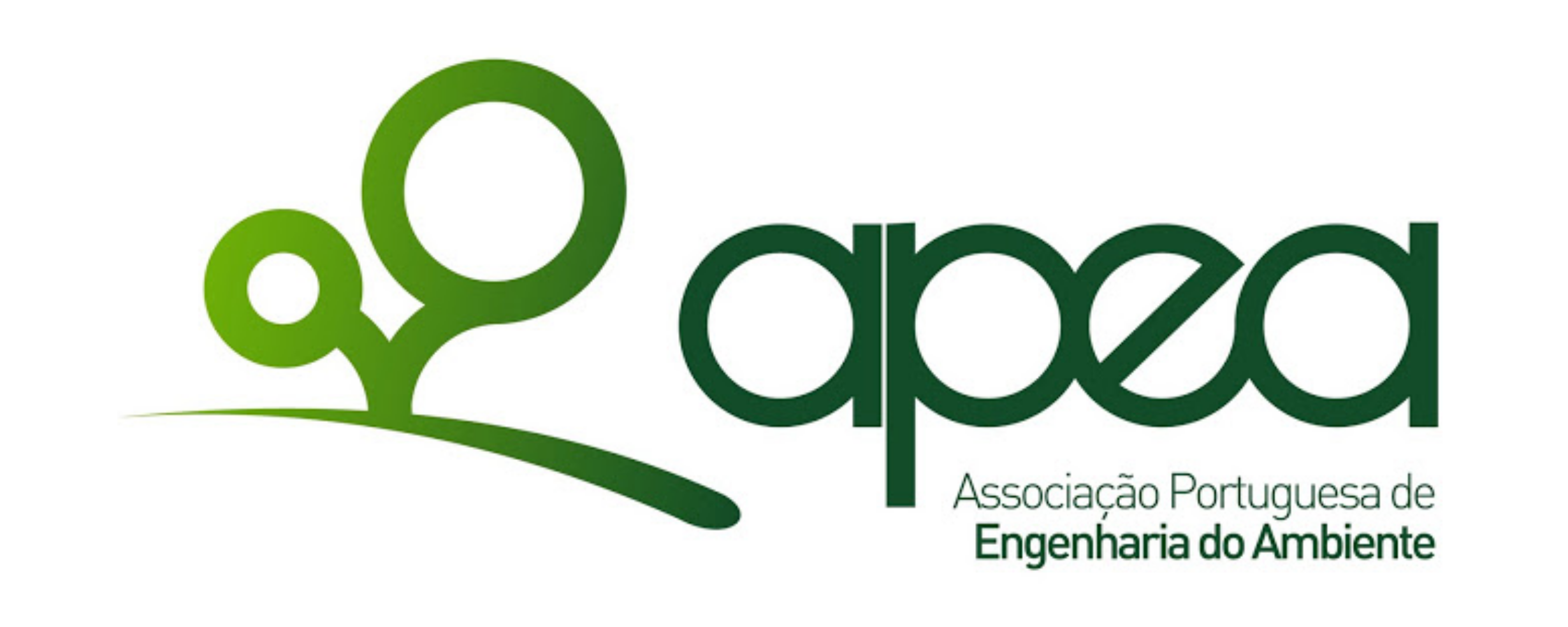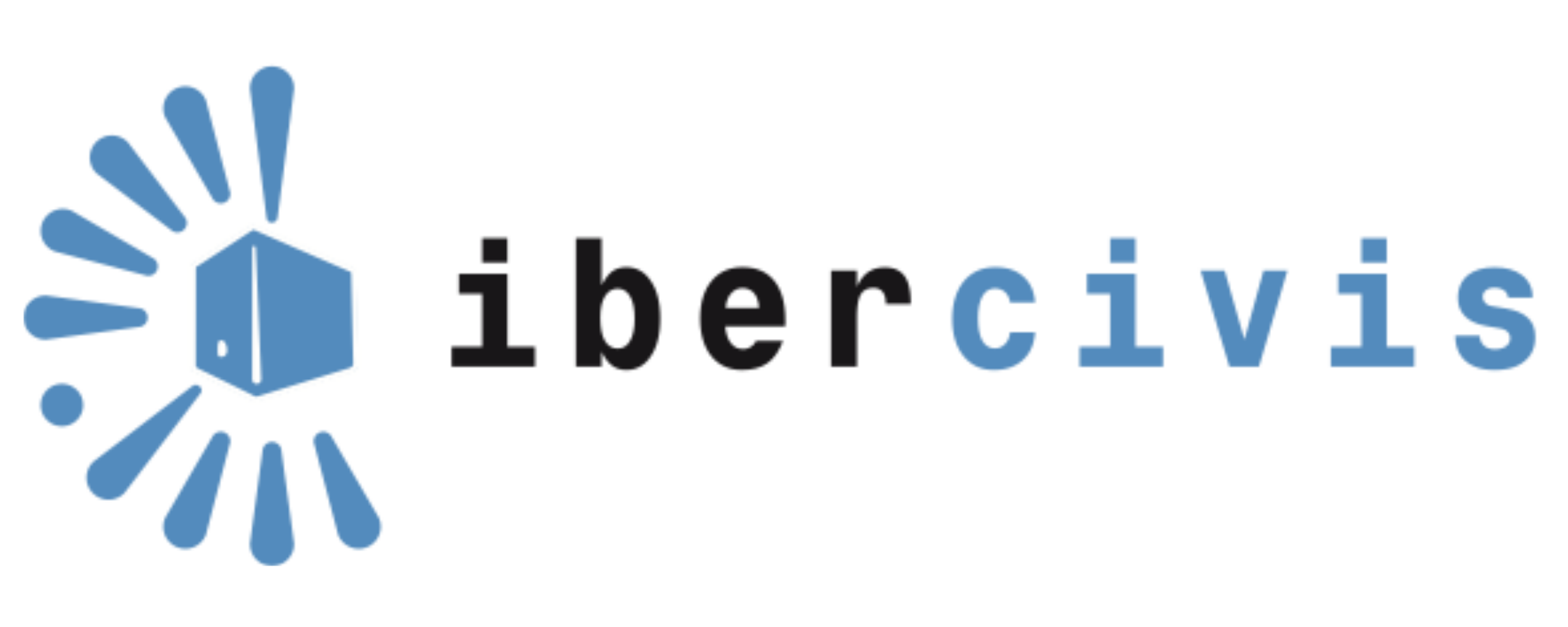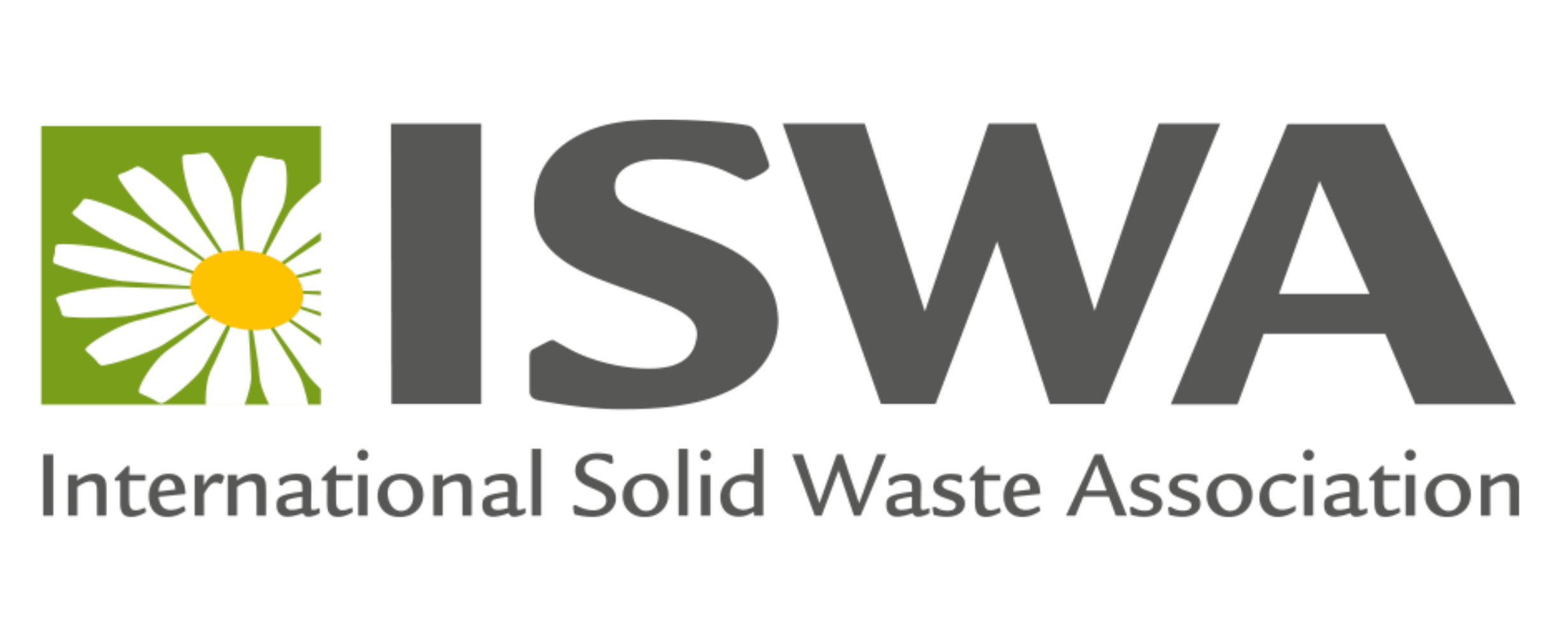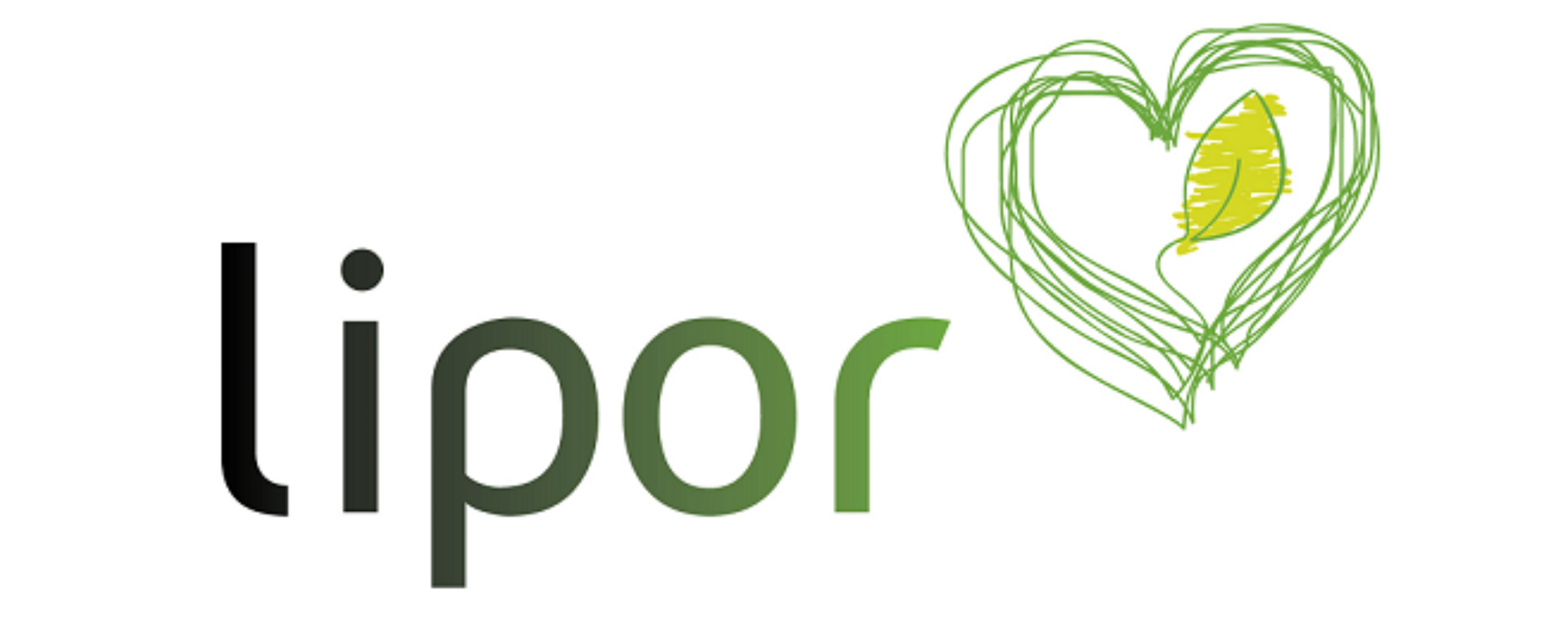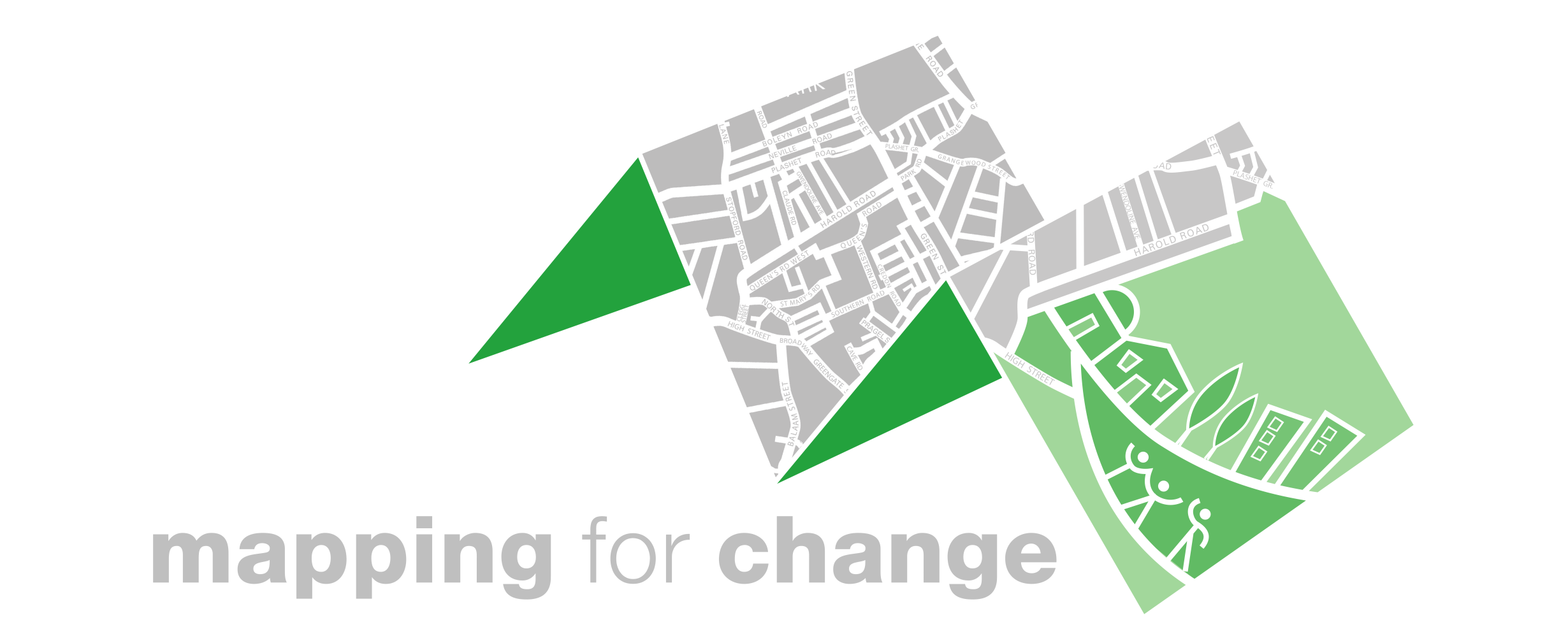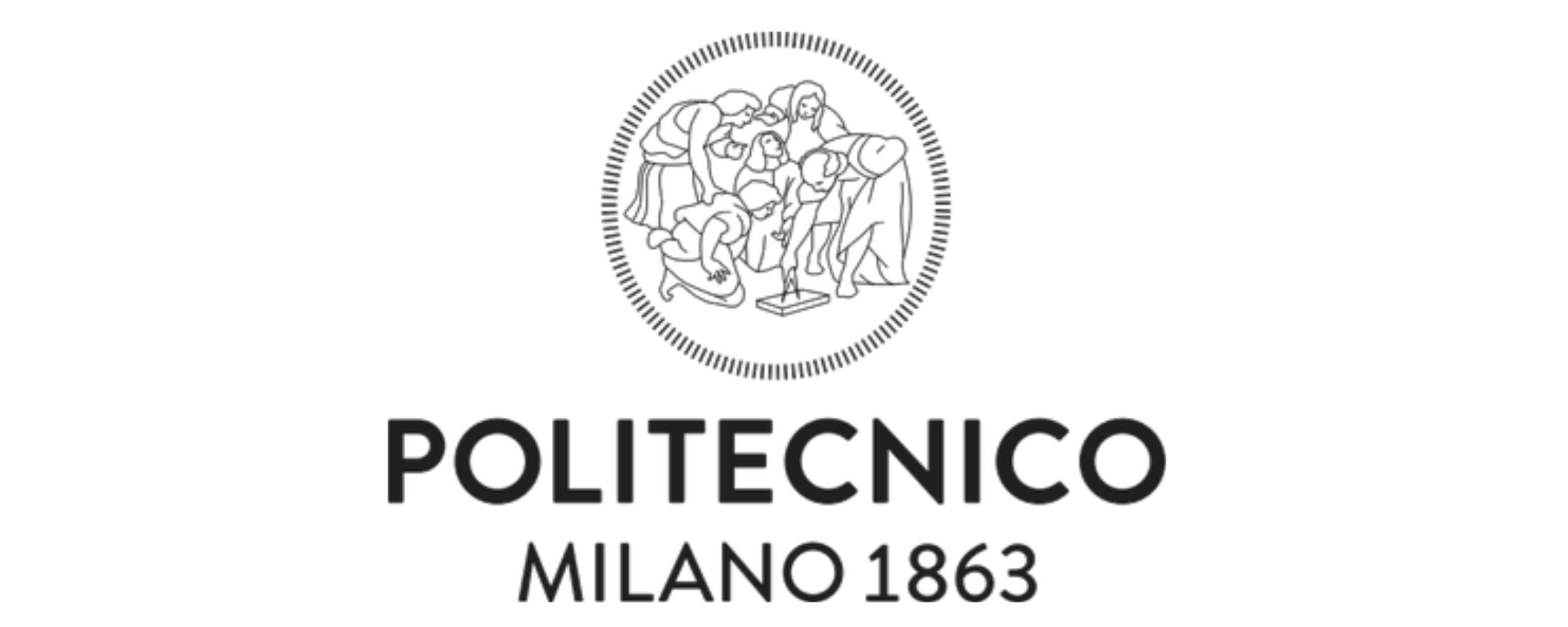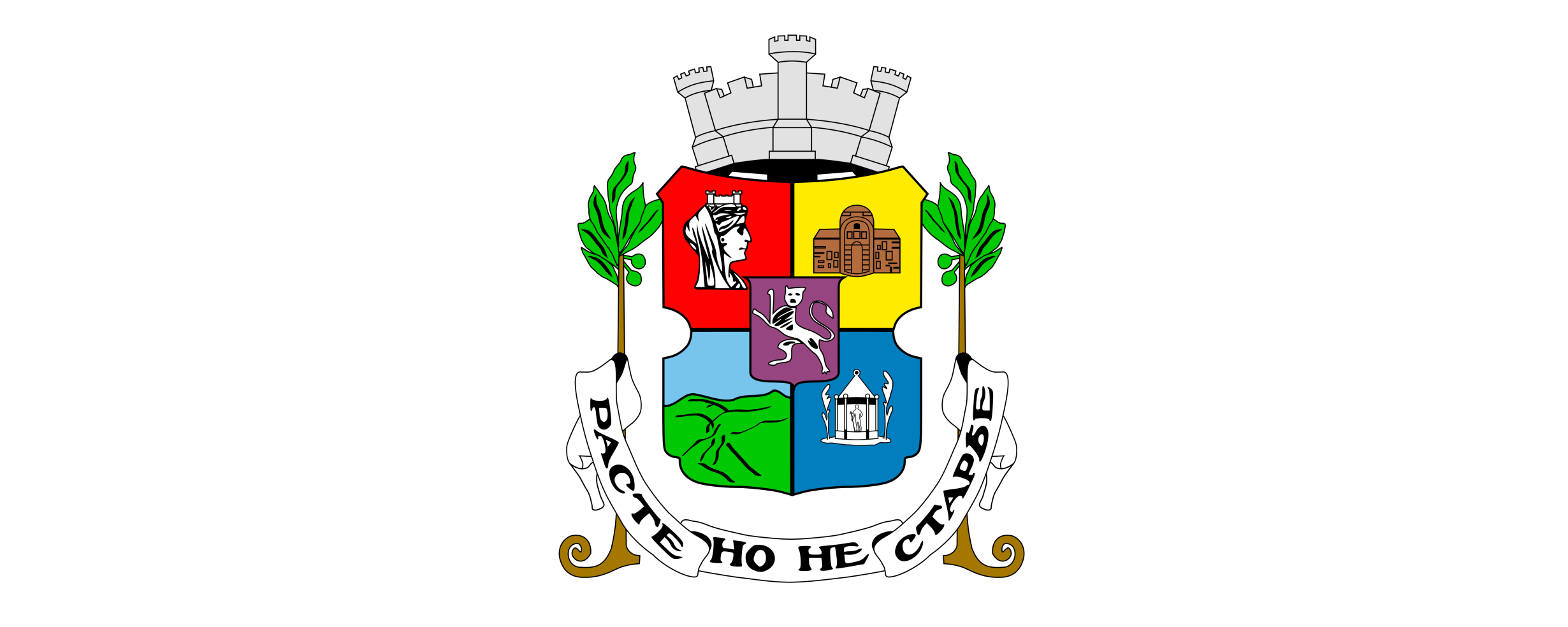The first Observatory of its kind!
The International Odour Observatory has been designed to fill the gap in accessing information in relation to odour issues. This resource has been created to help anyone who has a part to play in causing or addressing odour pollution, including individuals and communities; policy makers and regulators ; researchers and industries. It includes information on odour issues, regulations, research, data collection methods and potential mitigation measures or solutions.
Despite being a major source of environmental complaints, very little is known about odour pollution and its extent. By bringing together all the information in one place we can begin to build a picture of how big a concern odour pollution is and how we can tackle it at a local, national and global level.
Environmental complaints linked to odour
~30%
Countries with standard regulations
28
European standardised measurement methods
2
Citizen Science projects tackling odour
1
This project brings together partners from across Europe and beyond to kickstart a much-needed collaborative journey to tackle the problem of odours at a global scale. Together we cover all aspects of odour pollution, including experts in academia, research, citizen science and community engagement, and representatives from industry, public sector and policy makers. Focusing on 10 pilot studies across Europe and beyond, we will test different bottom-up approaches and methods to tackle odour issues and use the experience and learnings to inform future actions. A citizen science approach will introduce an affordable, accessible and reliable way of monitoring odour, providing evidence for citizens, industry, researchers and policy makers.
What is Citizen Science?
Citizen Science is for everyone, even those who have no previous experience or scientific background. It is a flexible, simple, cost effective and reliable way of gathering evidence to answer a specific question or prove or solve a particular situation. Using the power of the public, observations, monitoring and local knowledge can be collected en masse in a way that would not be feasible or affordable using professional scientists.
The Citizen Science approach to monitoring odour brings together the power of many, using one of the most effective odour sensors - the human nose. Communities can record the frequency, intensity and type of odour that they experience and combine the individual observations of many to build a clear picture of the issue. As more citizens are involved in sharing their findings, or data, the level of subjectivity is reduced.
Who Are We?
The Odour Observatory has been built within the D-NOSES European H2020 project.



